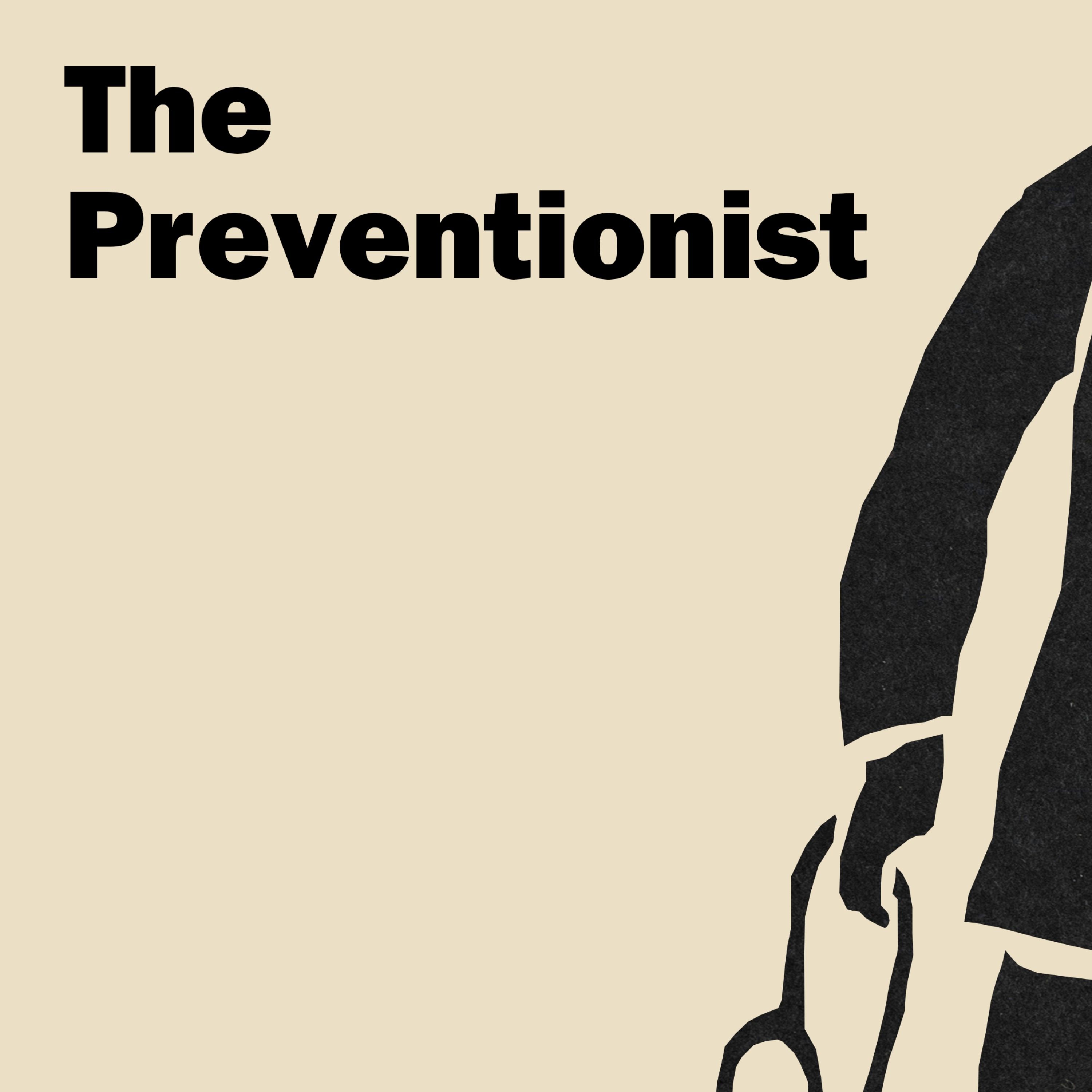The Trojan Horse Affair - Part 8
A man banned from working in education in the aftermath of the Trojan Horse letter inspires Brian and Hamza to track down one last witness with him – in Australia. And all three travelers find their faith tested. Our newest podcast, “The Retrievals, Season 2” is out now. Search for it
wherever you get your podcasts, or follow it here: lnk.to/retrievals2
To get full access to this and other Serial Productions and New York
Times podcasts on Apple Podcasts and Spotify, subscribe at
nytimes.com/podcasts.
To find out about new shows from Serial Productions, and get a look
behind the scenes, sign up for our newsletter at
nytimes.com/serialnewsletter.
Have a story pitch, a tip, or feedback on our shows? Email us at
serialshows@nytimes.com
wherever you get your podcasts, or follow it here: lnk.to/retrievals2
To get full access to this and other Serial Productions and New York
Times podcasts on Apple Podcasts and Spotify, subscribe at
nytimes.com/podcasts.
To find out about new shows from Serial Productions, and get a look
behind the scenes, sign up for our newsletter at
nytimes.com/serialnewsletter.
Have a story pitch, a tip, or feedback on our shows? Email us at
serialshows@nytimes.com
Press play and read along
Transcript
Transcript is processing—check back soon.
Serial — The Trojan Horse Affair - Part 8





